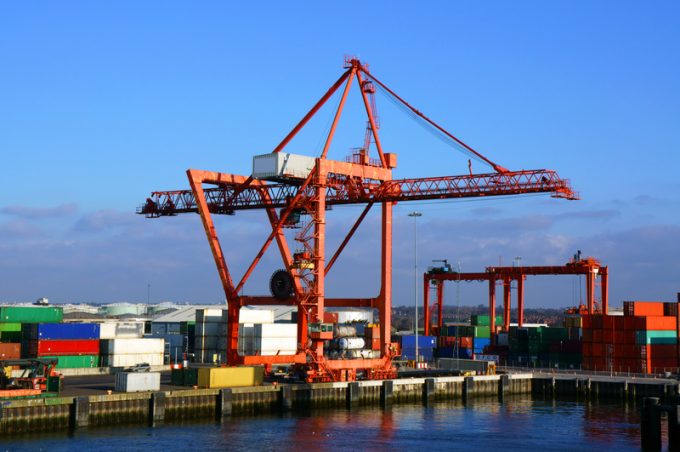UK needs closer EU ‘alignment’ to rebuild food supply chains
Research has called into question the UK’s ability to feed itself in the event of ...
WTC: RIDE THE WAVEFDX: TOP EXEC OUTPEP: TOP PERFORMER KO: STEADY YIELD AND KEY APPOINTMENTAAPL: SUPPLIER IPOCHRW: SLIGHTLY DOWNBEAT BUT UPSIDE REMAINSDHL: TOP PRIORITIESDHL: SPECULATIVE OCEAN TRADEDHL: CFO REMARKSPLD: BEATING ESTIMATESPLD: TRADING UPDATEBA: TRUMP TRADE
WTC: RIDE THE WAVEFDX: TOP EXEC OUTPEP: TOP PERFORMER KO: STEADY YIELD AND KEY APPOINTMENTAAPL: SUPPLIER IPOCHRW: SLIGHTLY DOWNBEAT BUT UPSIDE REMAINSDHL: TOP PRIORITIESDHL: SPECULATIVE OCEAN TRADEDHL: CFO REMARKSPLD: BEATING ESTIMATESPLD: TRADING UPDATEBA: TRUMP TRADE

While no one in the UK seems to have the faintest idea what is going to happen when the country leaves the EU next year – scenarios abound, of course, but frankly the future is murkier by the day – Irish transport interests are preparing for the worst. Dublin is preparing planning applications for a host of new customs checks at the port. Brexit is also predicted to lead to a surge of direct-from-Europe container traffic into the port – it currently handles around 1.3m unitised freight units a year and 200,000 of those currently come direct from Europe, a figure which is expected to jump to a million after March 2019.


Comment on this article